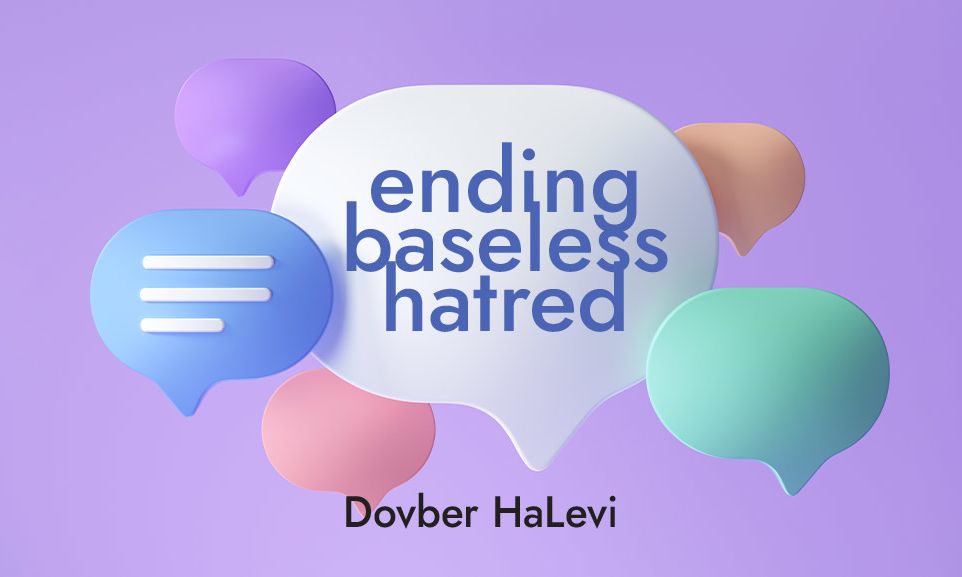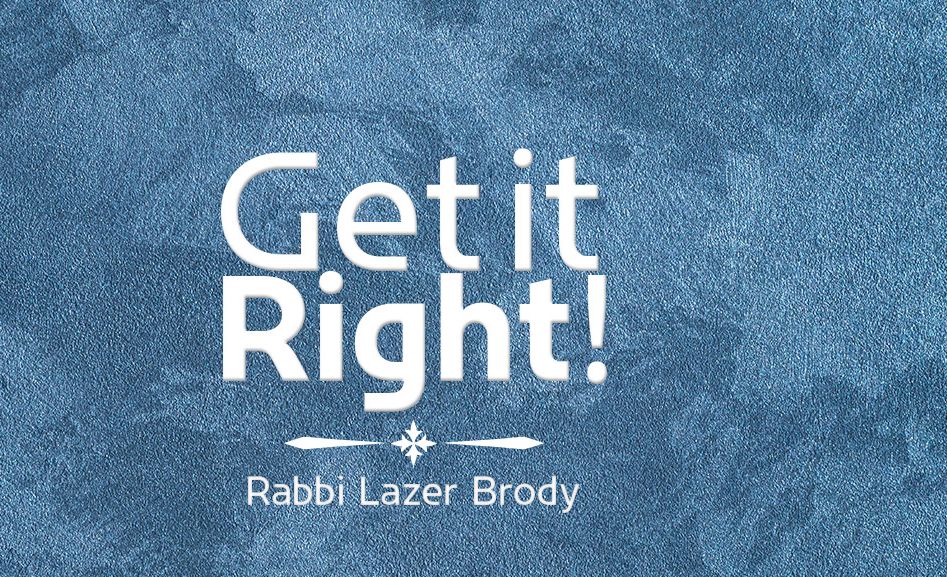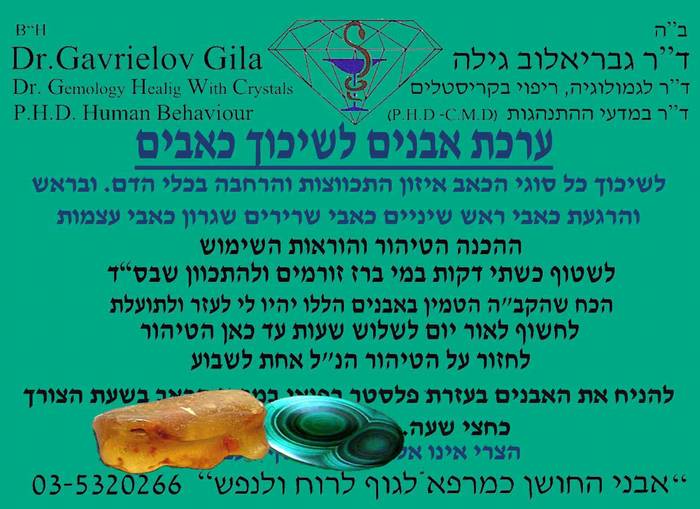
Ending Baseless Hatred
The most basic component of hatred is judgment. We erroneously decide that the one we are judging should be abhorred or, at least, sneered at…

The most basic component of hatred is judgment. We erroneously decide that the one we are judging should be abhorred or, at least, sneered at… Baseless hatred comes from anger, and anger comes from pride.
If we can diffuse our pride, we can eliminate, Hashem willing, the type of anger that leads to baseless hatred.
Moshe was the man credited with being the most humble man whom ever lived. He never got angry. In fact, Hashem held him to such a high standard that the one time he did lose his temper he was not allowed to enter the Land of Israel.
The same holds true for us. The moment we began to lose our temper at each other for no reason we were not allowed into the Land of Israel either.
Not a day goes by that we don’t see at least one of our brothers or sisters living what looks like “the good life” on a social media page, the TV, or in the papers. Despite the overwhelming majority of Jews  genuinely loving Israel, praying for us, crying for us, and demonstrating in the capitals of the world that we should all live in peace, their love for us is seen by media executives as “not newsworthy.”
genuinely loving Israel, praying for us, crying for us, and demonstrating in the capitals of the world that we should all live in peace, their love for us is seen by media executives as “not newsworthy.”
What is newsworthy are the handful of Jews that represent less than 1% of 1% who say things the Jewish mainstream finds ridiculous. We are trapped in a reality where baseless hatred is virtually and literally forced upon us.
So how do we tackle this challenge?
It’s very simple. When we understand that we don’t decide whom G-d chooses, the rest comes easy.
Who envisioned the State of Israel? Who is her founding father? The visionary who started modern Zionism was an atheist. The founding father had an idol in his office to the day he died. Yet because of the tireless efforts of these two, trillions upon trillions of mitzvot have been performed in the place Hashem created for them to be made.
The people who built our country, much like the people who rebuilt Israel after the destruction of the First Temple were not religious. In both cases they broke Shabbat, didn’t keep Kosher, and some even took non-Jewish wives.
Despite the many efforts of “proper” or “religious” men throughout time to bring the Jewish People home, Hashem didn’t bless their efforts with success. It was these people, whom we wouldn’t have chosen, whom Hashem blessed with the fulfillment of our deepest prayers.
These were political and economic developments. What about the spiritual? Our greatest Sage, who is mentioned in almost every page of the Talmud, who died Sanctifying G-d’s Name at 120 was not observant for the first 40 years of his life.
Our second king, who is credited with building the First Temple by making all the preparations for his son, was considered an illegitimate child for the first 30 years of his life.
In our generation millions upon millions of Jews have returned to the path of emuna and Torah by our greatest Sages Rabbi Shalom Arush and Rabbi Amnon Yitzchak. At age 20, neither of them were observant.
If you would see either one of them at age 20 you wouldn’t think they would do anything beyond living a “standard” life, working for a “standard” business, while commuting to a “standard” suburb.
From the beginning of our history right unto this very day, we do not decide who Hashem chooses:
- The protestor demanding full withdrawal from all Israeli Occupied territory might be the next leader of the Yeshah movement (building neighborhoods in Judea and Shomron).
- The girl with the tattoo scorched across her forearm might be the future leader of a women’s modesty movement.
- The person standing in front of you in line for that cup of coffee could be the next prophet of Israel.
- The kid humming the newest hip hop song might be the next High Priest.
- The high school student studying Search Engine Optimization while eating a Big Mac might be the Mashiach we have all been waiting for.
The most basic component of hatred is judgment. We see the evidence that has been presented before us and we decide that the person we are judging should be abhorred, derided, or at least sneered at.
Once we understand that we will never have enough evidence to judge anyone in this world except ourselves, we can look at each one of our brothers and sisters with the knowledge that they can be the future leaders of true biblical proportions and we had better play it safe by showing them respect right now.
We don’t decide whom G-d chooses.











